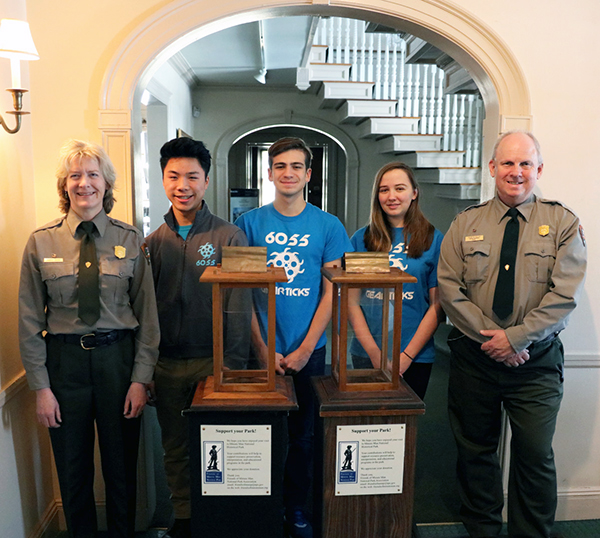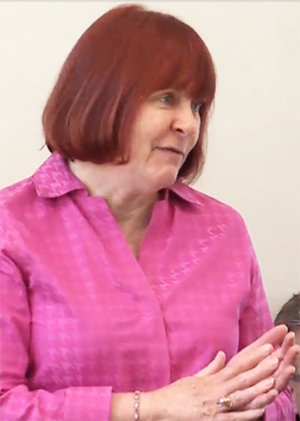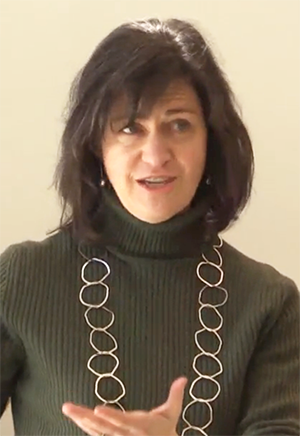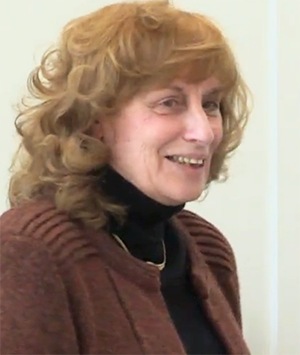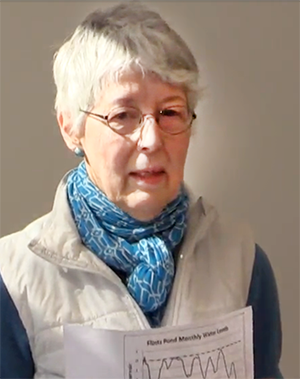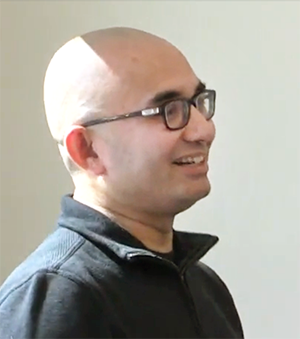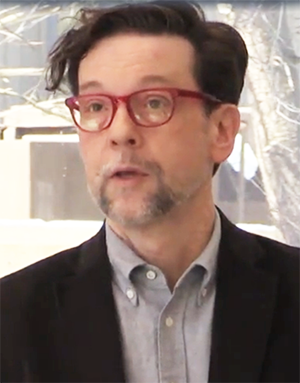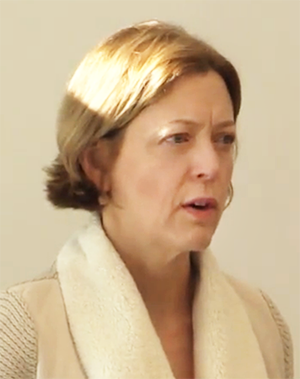To the editor:
There’s good news and bad news about Lincoln’s athletic fields. The good news: youth recreation is at an all-time high and our kids are using our fields more than ever. The bad news: the few fields we have in Lincoln are vastly overused. This, combined with a lack of irrigation, has created terrible playing conditions for the more than 327 families who participate in Lincoln Youth Soccer (LYS). If you’ve had the opportunity to walk our fields, you know this. If you haven’t, this may come as a surprise. A third-party report, commissioned by Parks & Rec and LYS this fall, confirmed that:
- our fields are in terrible shape
- despite investments in maintenance, the fields are deteriorating
- improving the quality of our fields will require irrigation and rest.
That we find ourselves in this situation in Lincoln—a town known for its love of open spaces—is surprising. As president of LYS, the largest youth athletic association in town, I hear this frequently from our families and the many who travel to Lincoln to compete against our teams.
At the upcoming Town Meeting on March 25, we have a unique opportunity to turn this situation around. Up for consideration is a warrant article to purchase 12 acres of land—three of which would be developed as an athletic field and nine to be conserved. We will be asked to approve $1.8 million in Community Preservation Act funds to underwrite this endeavor with no negative impact to taxes or ability to bond future projects. To show our support, LYS has led a fund-raising effort to contribute $200,000 of private donations to the project.
On behalf of LYS and the hundreds of children running around our fields, I strongly encourage you to attend Town Meeting on March 25 and to vote YES. This investment allows us to increase our field inventory and ensure our recreational fields are treated with the same care as our many wonderful open spaces.
Sincerely,
Eric Harnden
20 Todd Pond Rd.
Letters to the editor must be signed with the writer’s name and street address and sent via email to lincolnsquirrelnews@gmail.com. Letters will be edited for punctuation, spelling, style, etc., and will be published at the discretion of the editor. Letters containing personal attacks, errors of fact or other inappropriate material will not be published.

